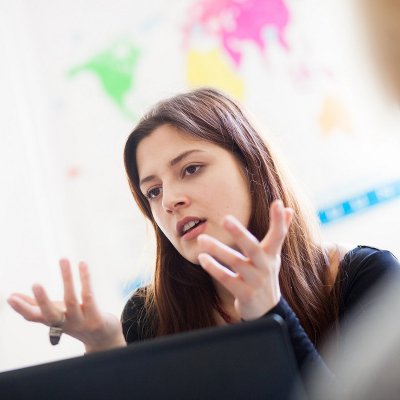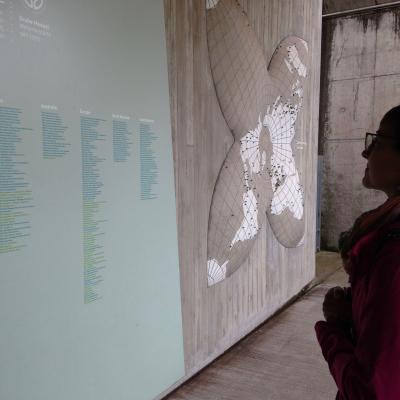Our Contribution
World Heritage Trainee Programme
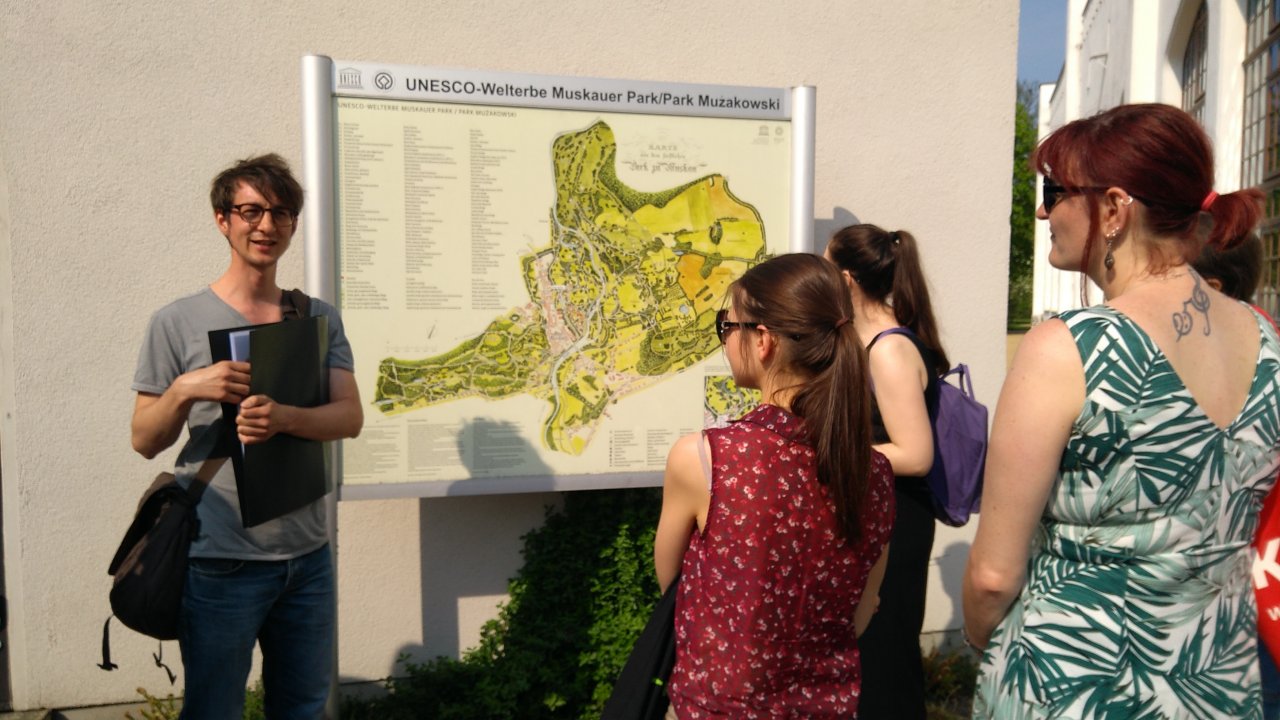
Based on the conviction that the long-term preservation of our common heritage can only be achieved by sensitizing and empowering young generations, the German UNESCO Commission seeks to promote young peoples’ civic engagement in the protection and communication of World Heritage.
The two-year training programme World Heritage Trainees, launched in 2014 by the Division for World Heritage and the cultural exchange service kulturweit, aims at capacitating kulturweit alumni in the field of World Heritage communication.
As part of the training, participants gain a deeper, holistic understanding of the core ideas of the World Heritage Convention, including its processes and actors. They take a critical look at underlying concepts, global and local challenges, as well as synergies with and differences to other heritage programmes.
In their first year, the trainees participate in three basic seminars at World Heritage sites and develop and implement their own projects. Trainees contributed, inter alia, to the 2015 UNESCO World Heritage Committee in Bonn by developing a memory game on German World Heritage Sites, launching a social media campaign #everydayworldheritage, and conceptualizing modules for the pop-up visitor centre in Bamberg in 2017.
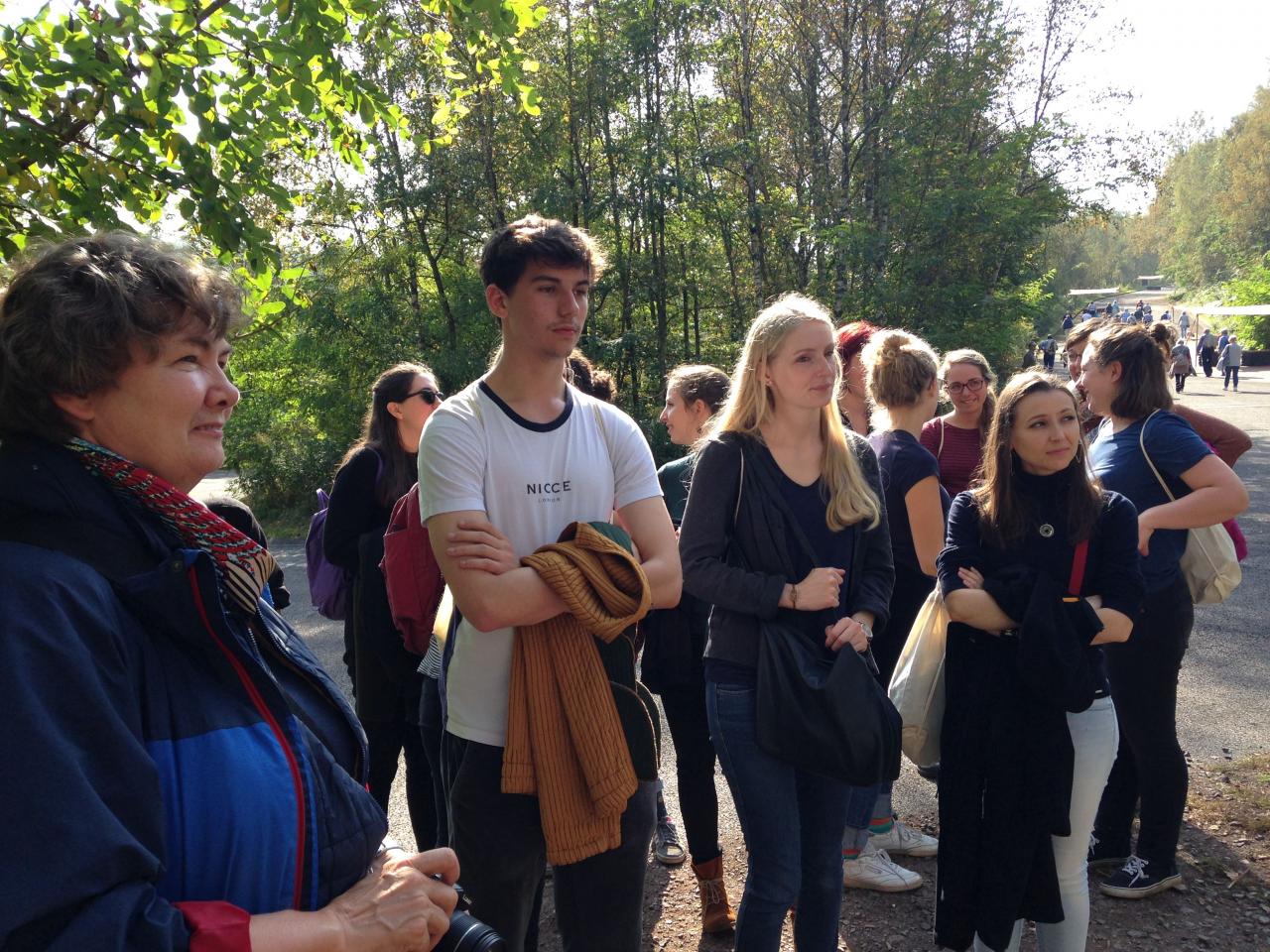
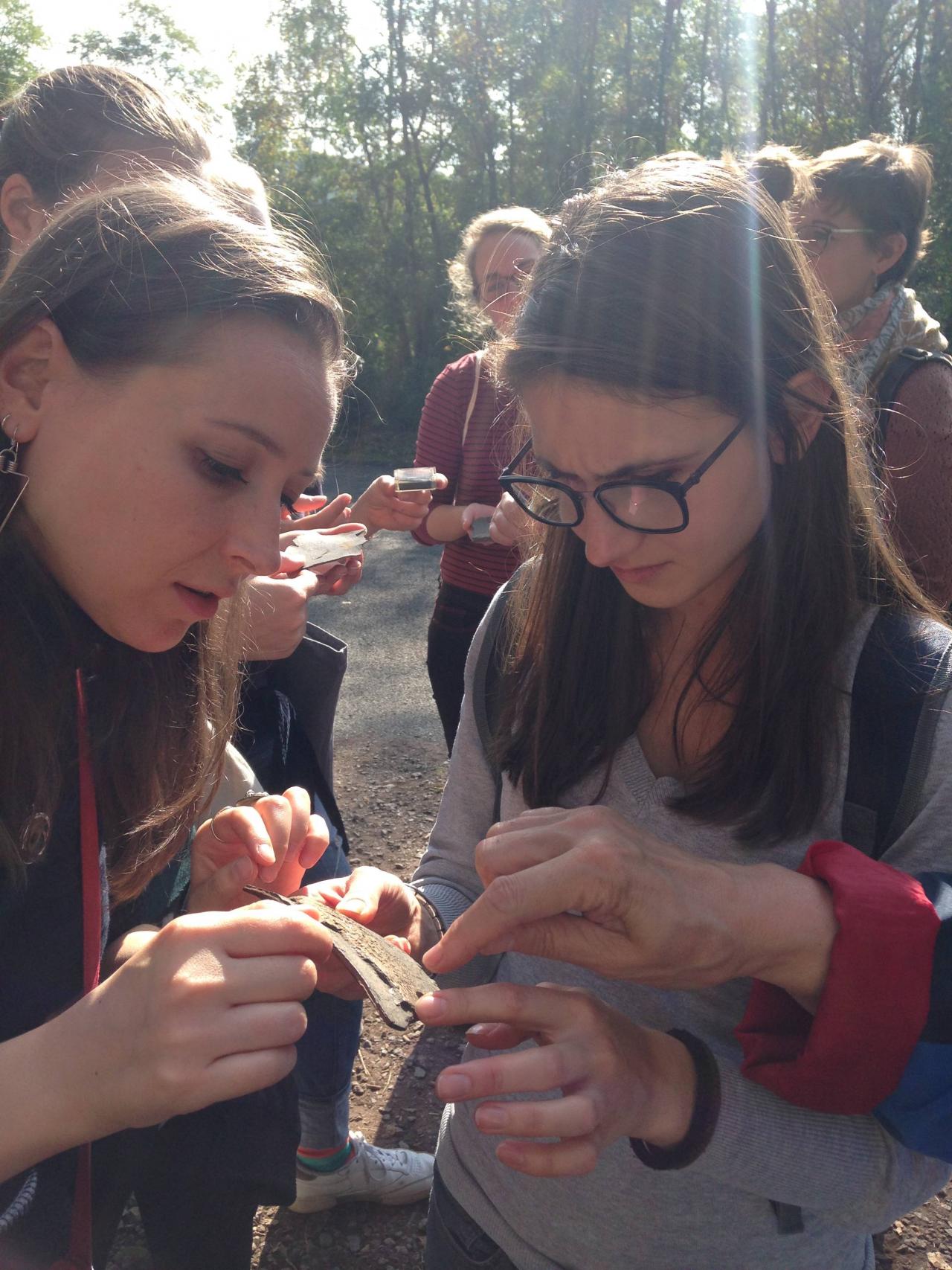
The second year places an emphasis on advanced capacity building, strengthening methodological knowledge and organisation skills by on-the-job learning. In recent years, a rich variety of valuable seminars and projects have been developed in this context. These include a seminar on living heritage in Weimar, a seminar on “shared heritage” based on the examples of the Museum Island and the Humboldt Forum in Berlin, or school workshops on sustainable tourism at World Heritage sites as part of the annual conference of UNESCO project schools.
As the programme undergoes constant evaluation and reform, it offers the possibility to respond to new developments and opens up opportunities to discuss current topics and employ innovative communication and education methods. By this means, an holistic approach to explaining World Heritage can be developed. Furthermore, the programme seeks to increasingly connect World Heritage to other forms of heritage recognised by UNESCO.


